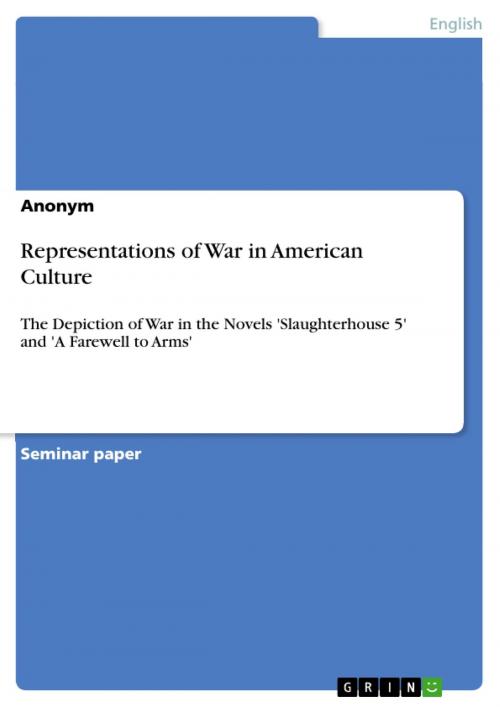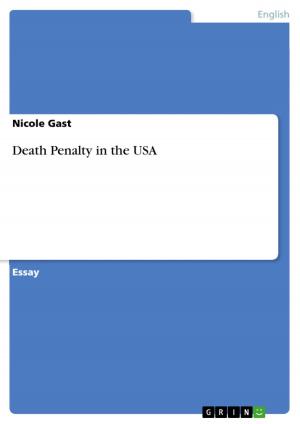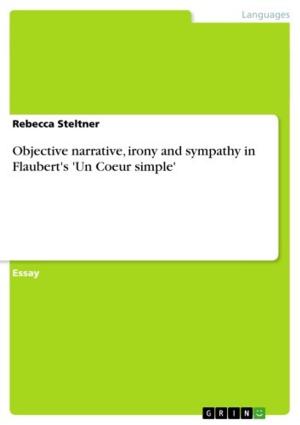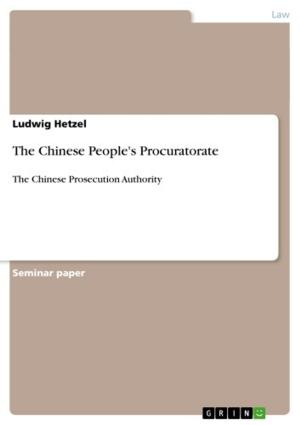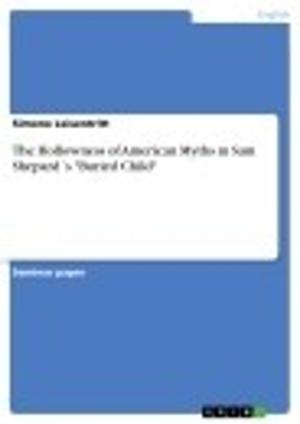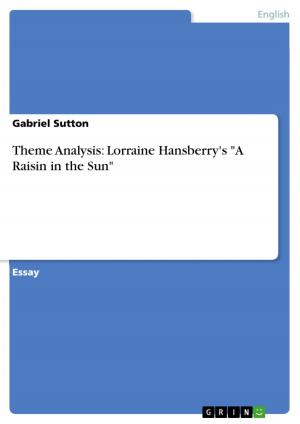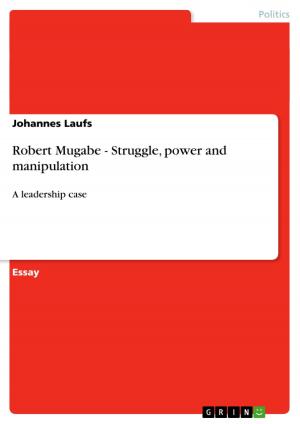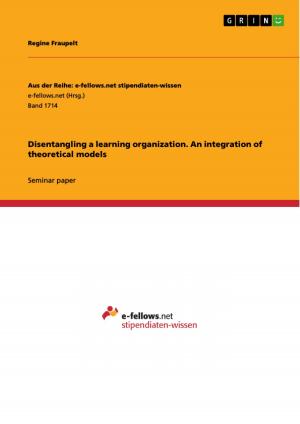Representations of War in American Culture
The Depiction of War in the Novels 'Slaughterhouse 5' and 'A Farewell to Arms'
Nonfiction, Entertainment, Drama, Anthologies| Author: | Anonymous | ISBN: | 9783640500635 |
| Publisher: | GRIN Publishing | Publication: | December 28, 2009 |
| Imprint: | GRIN Publishing | Language: | English |
| Author: | Anonymous |
| ISBN: | 9783640500635 |
| Publisher: | GRIN Publishing |
| Publication: | December 28, 2009 |
| Imprint: | GRIN Publishing |
| Language: | English |
Seminar paper from the year 2006 in the subject American Studies - Literature, grade: 1,3, University of Bayreuth, course: PS Representations of War in American Culture, language: English, abstract: The two novels A Farewell to Arms by Ernest Hemingway and Slaughterhouse-Five by Kurt Vonnegut have a lot in common at first sight. Both are books about wars in Europe written by American authors, and although the protagonists in both novels experience things that are partly very similar to their authors' experiences, none of the novels is an autobiography, e.g. Hemingway's story ends about two months before he went to Europe (Cooper, 33). Both of the novels deal not only with war stories but roam around other genres, be it a science fiction story in Vonnegut's case or a love story in Hemingway's. Both authors had direct and severe experiences with war. Despite of all similarities we also find very big differences in the depiction of war and the way the two authors cope with their shocking experiences. Both of the authors use a very own and subjective depiction of war in their novels and we find big differences in the way they describe war. This essay will take a closer look on how the two novels depict war in different ways and the messages that we can draw from their works.
Seminar paper from the year 2006 in the subject American Studies - Literature, grade: 1,3, University of Bayreuth, course: PS Representations of War in American Culture, language: English, abstract: The two novels A Farewell to Arms by Ernest Hemingway and Slaughterhouse-Five by Kurt Vonnegut have a lot in common at first sight. Both are books about wars in Europe written by American authors, and although the protagonists in both novels experience things that are partly very similar to their authors' experiences, none of the novels is an autobiography, e.g. Hemingway's story ends about two months before he went to Europe (Cooper, 33). Both of the novels deal not only with war stories but roam around other genres, be it a science fiction story in Vonnegut's case or a love story in Hemingway's. Both authors had direct and severe experiences with war. Despite of all similarities we also find very big differences in the depiction of war and the way the two authors cope with their shocking experiences. Both of the authors use a very own and subjective depiction of war in their novels and we find big differences in the way they describe war. This essay will take a closer look on how the two novels depict war in different ways and the messages that we can draw from their works.
